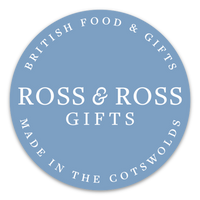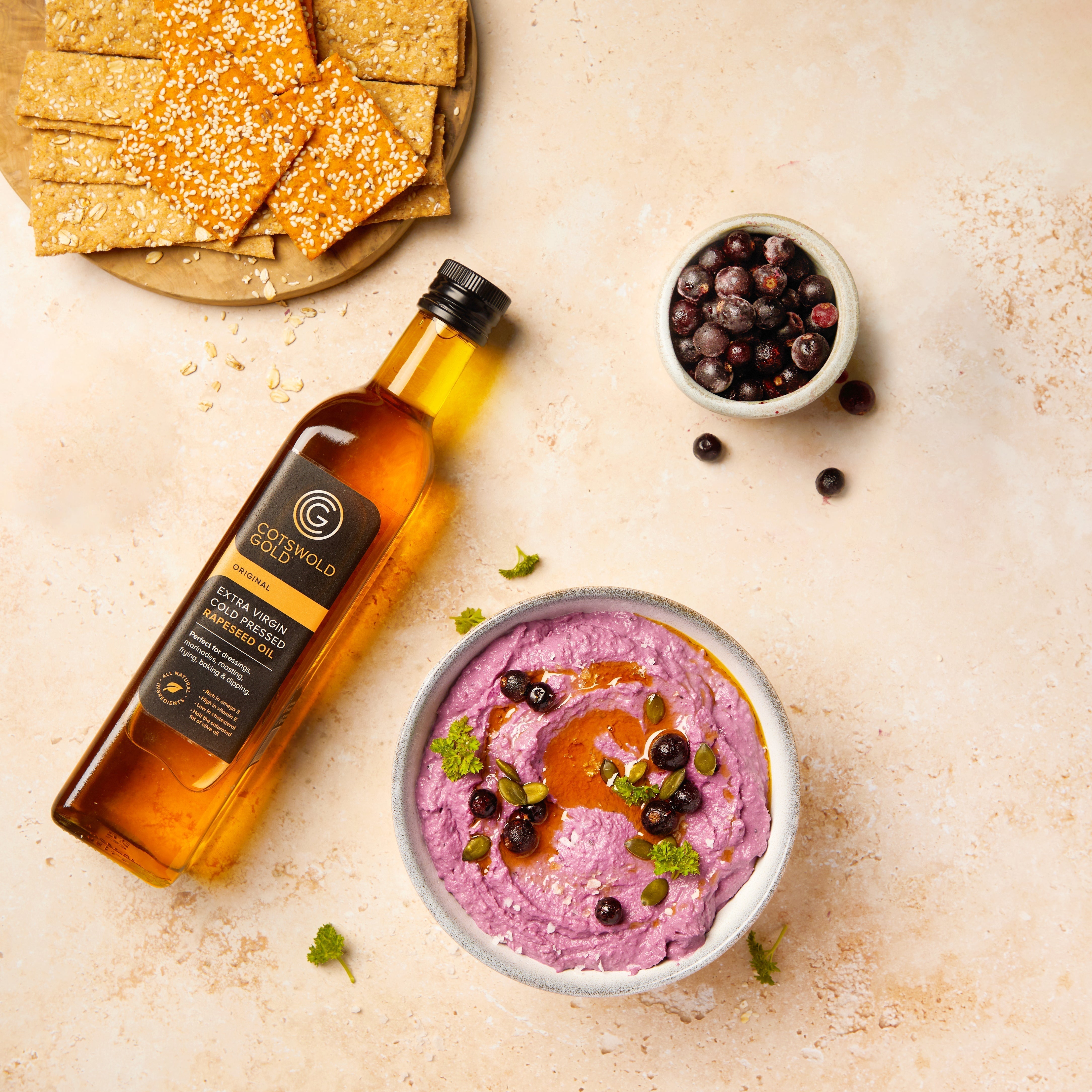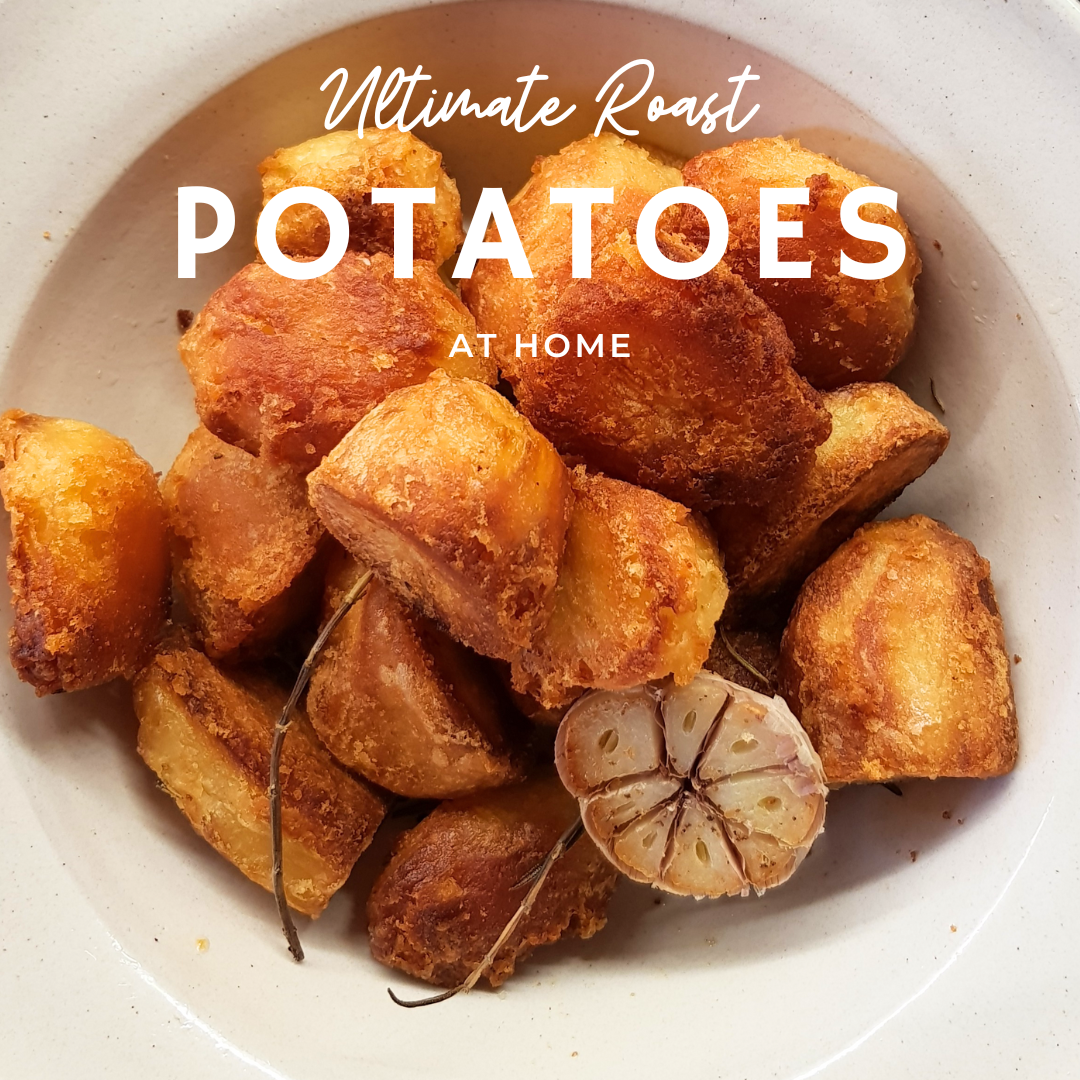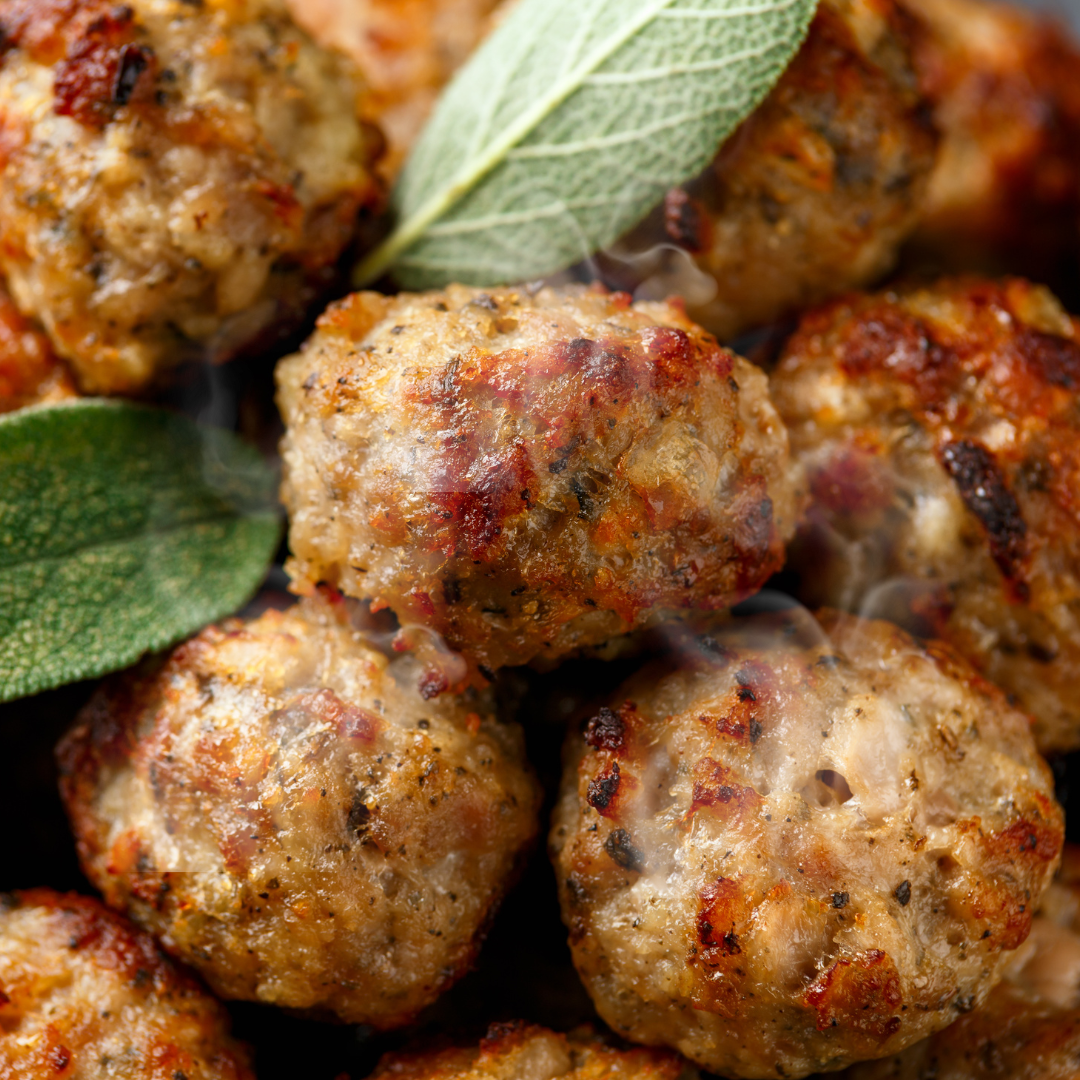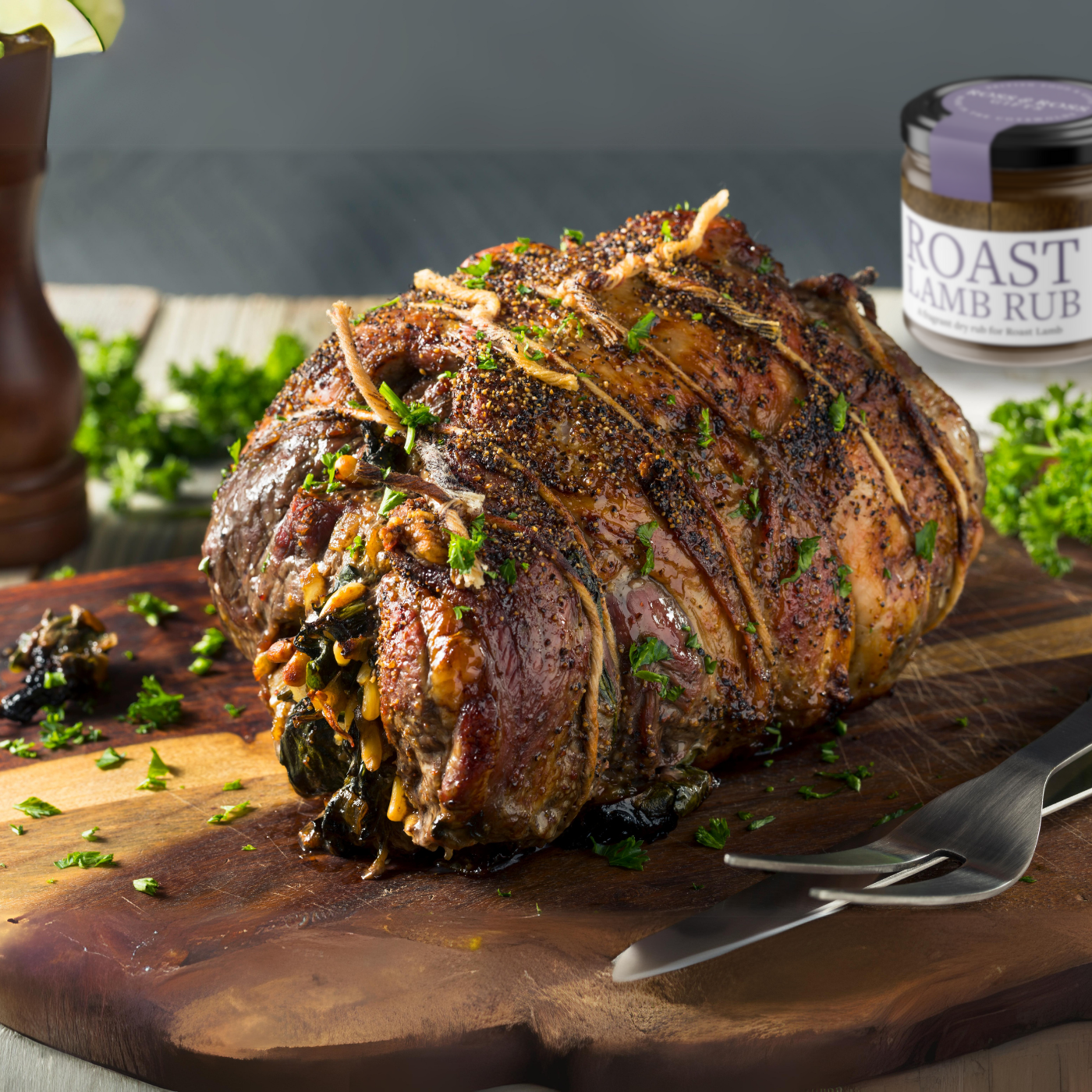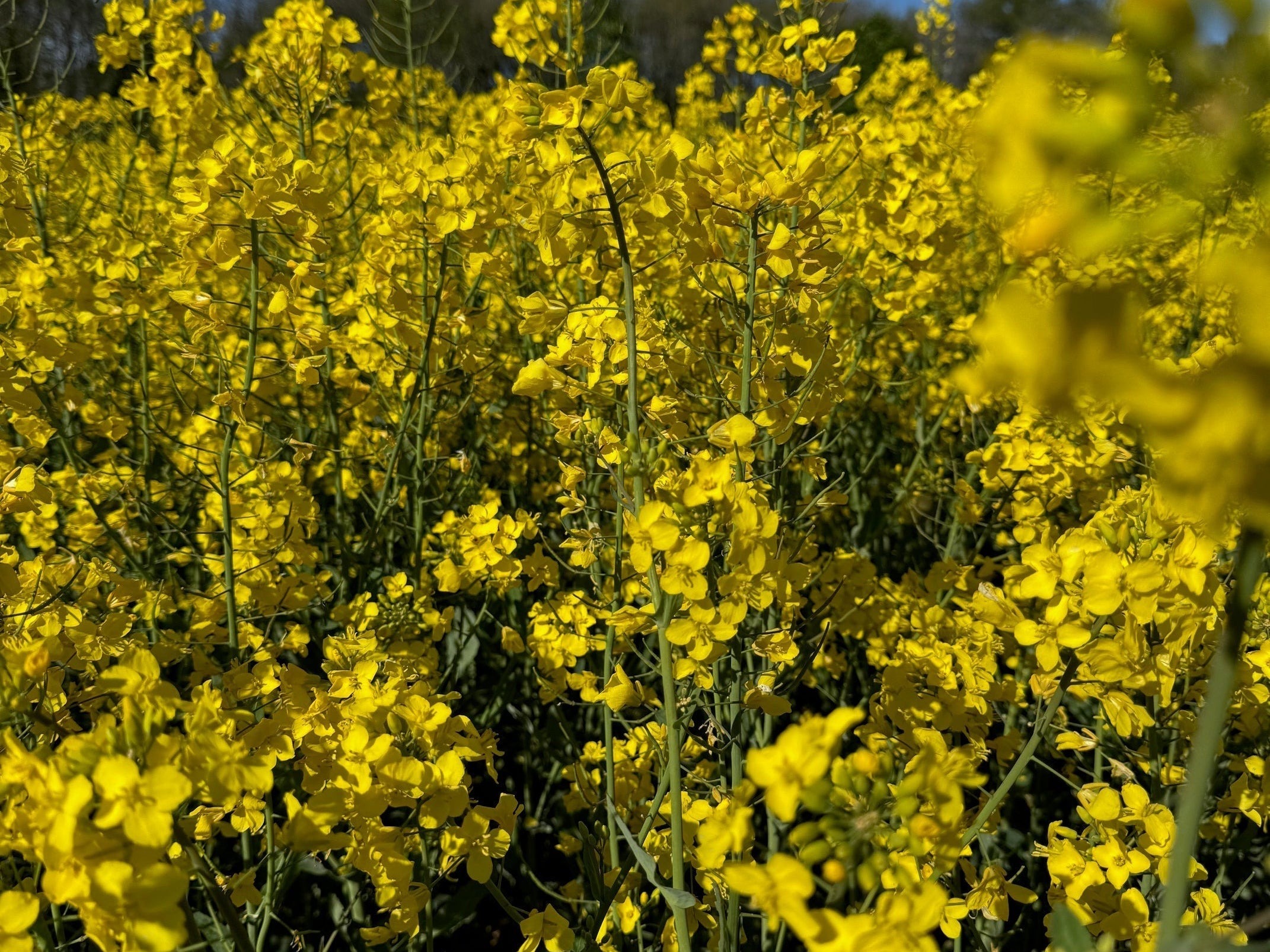
🌿 Are Seed Oils Bad for You?
A Science-Backed Look at Rapeseed Oil
Seed oils are trending across social media, often for the wrong reasons. While influencers claim they may be “toxic” or “inflammatory,” nutrition scientists are offering a very different view.
Cotswold Gold who make our oils, proudly produce cold-pressed extra virgin rapeseed oil in the UK. Using insights from the latest BBC Food article on seed oils, we’re here to separate myths from facts.
🧴 What Are Seed Oils?
“The term ‘seed oils’ refers to oils extracted from the seeds of plants, such as sunflower, rapeseed (canola), soybean and grapeseed,” says dietitian Nichola Ludlam-Raine, author of How Not to Eat Ultra-Processed.
“In the UK, the seed oils we consume most of are sunflower oil and rapeseed oil,” says Prof Parveen Yaqoob OBE of the University of Reading.
She explains that sunflower oil is higher in omega-6 fatty acids, while rapeseed oil is more balanced with omega-6 and omega-3 — making it a better option for cardiovascular health.
🧠 Are Seed Oils Really Bad for You?
Contrary to online claims, there is no strong evidence that seed oils are dangerous when consumed in moderation.
“While there is a lot of talk about seed oils being bad for health, scientific evidence does not support this,” says Dr Louise Flanagan, Head of Research at the Stroke Association.
The BBC article cites a 2025 study of over 200,000 people, which found:
Higher plant oil consumption was linked to lower risk of death from cardiovascular disease and cancer.
Replacing butter with plant oils could reduce risk of death from any cause.
Oils studied included cold-pressed and extra virgin varieties, like Cotswold Gold’s rapeseed oil.
“Population studies haven’t shown harm from seed oils,” adds Ludlam-Raine. “Ultimately, when you replace saturated fat (butter, for example) with unsaturated fat (such as seed oils), you get better health outcomes.”
🔬 Is the Oil or the Processing the Problem?
There’s growing concern about ultra-processed foods (UPFs) and whether chemically extracted oils are safe.
“Because of the focus on ultra-processed foods and the linked negative health outcomes, some people think that using a process to get the oil out of the seeds makes it bad. I don’t necessarily think that’s the case,” explains Yaqoob.
Cold pressing is the cleanest extraction method – and it’s exactly what Cotswold Gold use. They do not use any hexane, bleach or additives.
“Cold-pressed rapeseed oil has a better health profile than chemically extracted rapeseed – but it does cost more,” confirms Dr Paul Bilsborrow from Newcastle University.
Cotswold Gold oil is cold-pressed, the rapeseed is just pressed and nothing is added which means it retains its health benefits of omega-3 and omega-6, but also vitamin E and natural antioxidants.
🍳 Is Cooking with Seed Oils Safe?
Many online concerns focus on seed oils forming harmful compounds when overheated. This mostly applies to repeated high-heat frying in fast-food restaurants, not home use.
“If you’ve got oxidised molecules in your body, they can cause inflammation… They basically become ever so slightly toxic,” says Yaqoob. “But that’s not about the composition of the oil – it’s about what you do with it.”
Cotswold Gold cold-pressed rapeseed oil has a naturally high smoke point, making it ideal for roasting, frying, and baking without breaking down under heat.
🍩 Are We Blaming the Wrong Foods?
Many concerns over seed oils come from their use in ultra-processed foods (UPFs), which are often high in salt, sugar, and fat.
“It’s mainly seed oils that are present in HFSS (high in fat, sugar and salt) ultra-processed foods,” notes Ludlam-Raine.
But that’s not the same as using a small amount of cold-pressed oil in a stir-fry or salad.
🌻 Why Choose Cold-Pressed Rapeseed Oil?
Cotswold Gold cold-pressed rapeseed oil:
- Comes from UK-grown crops
- Has a balanced omega-3 and omega-6 profile
- Contains vitamin E and natural antioxidants
- Is cold-pressed with no chemicals or additives
- Has a neutral flavour that’s ideal for dressings, roasts and frying
“There’s no need to completely avoid seed oils. In fact, many are rich in vitamin E and unsaturated fats,” says Ludlam-Raine.
She adds, “I personally use both rapeseed oil and olive oil at home in cooking and in salad dressings – choose extra virgin or cold-pressed if you can for more nutrients.”
✅ Final Thoughts: Are Seed Oils Bad for You?
Based on the BBC’s expert analysis and peer-reviewed research, seed oils are not harmful when used appropriately—especially when they’re cold-pressed, like at Cotswold Gold. They use olive oil and butter when making some of their products. It's all about eating healthy oils and fats in moderation as part of a balanced diet and understanding how things are processed.
They’re far healthier than saturated fats like butter or coconut oil and far removed from the oils used in heavily processed junk food.
“Try to focus more on your overall dietary pattern… rather than obsessing over individual ingredients,” concludes Ludlam-Raine.
